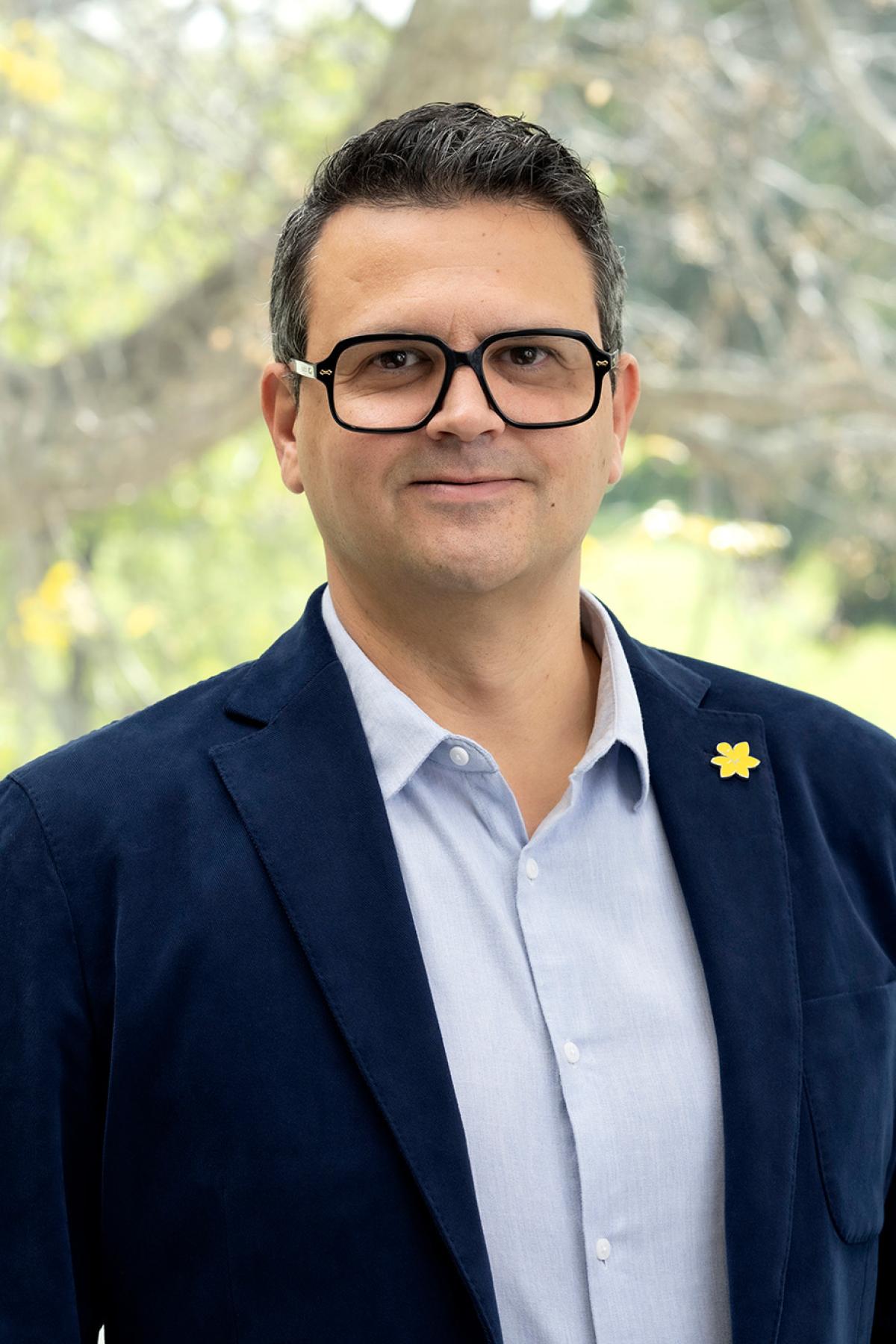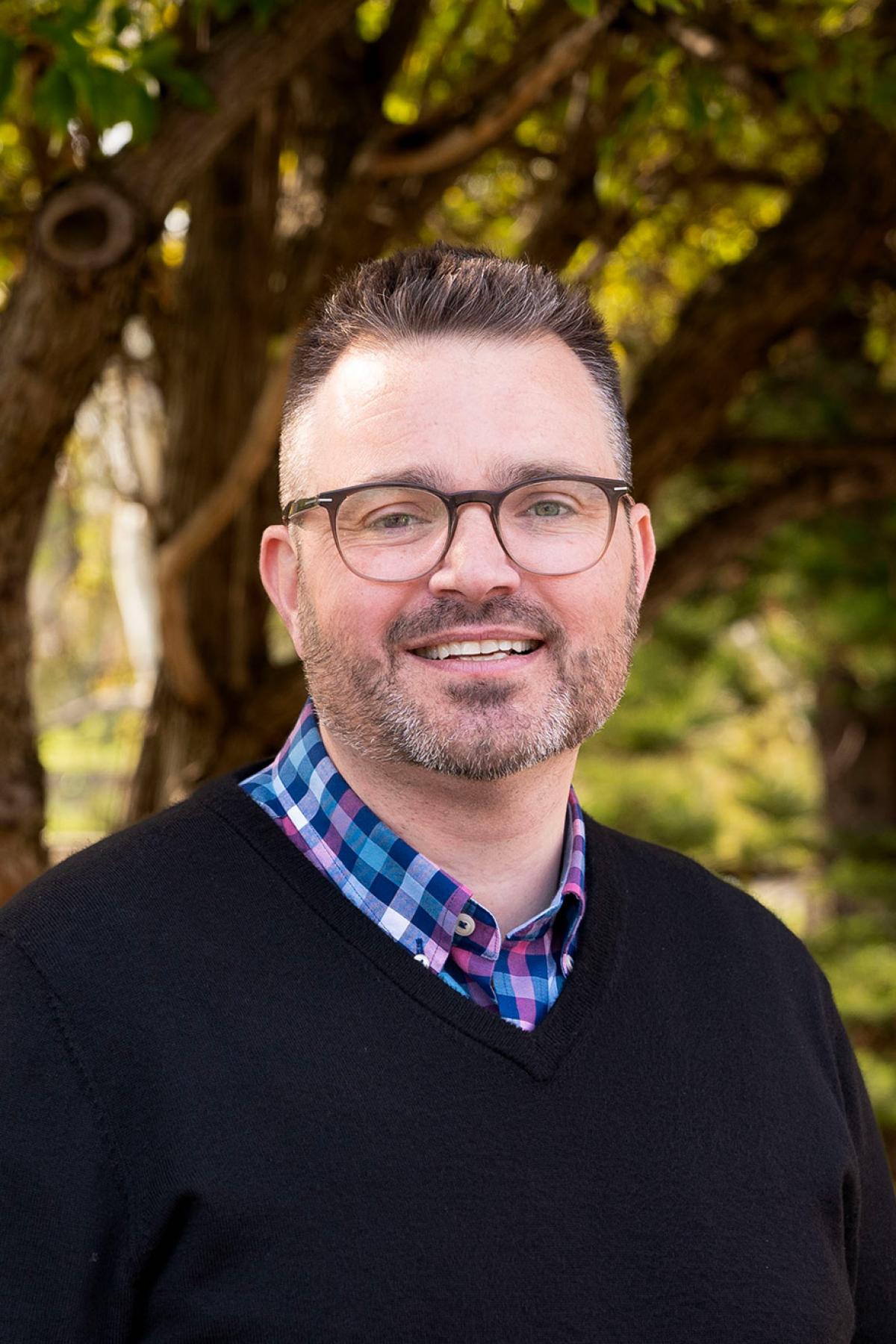Personal Development Session
The Personal Development Session will cover your PhD journey, early career planning and potential pathways post PhD.
Building your best self
In this year’s Q & A session, a panel of esteemed guests will share their experiences of life after graduation and provide tips on how to navigate potential challenges and build resilience. You will have the opportunity to pre-submit questions upon registration.
Our speakers may reflect on the following topics:
- Building resilience and mental agility
- How to stay positive
- Time management: prioritising and multi-tasking
- Gaining transferable skills and increasing your employability – thinking beyond your PhD topic
- How to increase engagement with stakeholders and industry
- Effective self-promotion and standing out from the crowd
- Career directions and opportunities I didn’t anticipate
Speakers
Our panel of speakers are from varied backgrounds and areas. The guests include (in alphabetical order):
Dr Peter Diamond has a Bachelor of Science with Honours from the University of Adelaide and a Doctor of Philosophy from the University of Adelaide, Department of Medicine. He has extensive experience in supportive care program delivery, health policy and resource development, research programs, stakeholder and donor engagement. During his time at the Leukaemia Foundation of Australia, Dr Diamond was a member of the Senior Leadership Team and held several position including Head of Support Services for South Australia and Northern Territory, Head of Policy and Advocacy and Head of Research. Currently he is the General Manager of Support and Research at Cancer Council SA and the current chair of the National Cancer Council Supportive Care Steering Committee.
Dr Michelle Perugini is an entrepreneur with extensive experience in healthcare and advanced AI technologies. Michelle is an avid supporter of the AI and women’s health sectors globally, and Winner of the 2021 Women in AI (WAI) Healthcare and Telstra Brilliant Women in Digital Health Awards. She has a PhD in Medicine and was a post-doctoral research fellow in Oncology for a decade.
She has founded 2 global AI tech companies, the first of which was acquired by EY in 2015. Michelle was most recently the Co-Founder and CEO of Presagen, an AI healthcare company that has developed a novel Decentralized Federated AI platform that can safely train on medical data distributed all around the world, without the need to physically move (centralized) or manually view private patient data. Presagen’s flagship product suite, Life Whisperer, uses AI to assess images of embryos and eggs (oocytes) to improve IVF outcomes for couples struggling with fertility. Life Whisperer was authorized for sale in 47 countries prior to being acquired by global IVF manufacturer Astec in 2024.
In 2024, Presagen merged with Qubist to form Qubigen, and company focused on AI driven drug design, where Michelle is a Co-Founder and Board Chair. Michelle is currently Head of Commercialisation at University of South Australia, and CEO of UniSA Ventures.
Dr Marie-Claire Seeley is a Post-Doctoral Research Fellow at the University of Adelaide, specialising in autonomic disorders, particularly postural orthostatic tachycardia syndrome (POTS) and post-acute sequelae of COVID-19 (PASC). She established Australia’s first POTS registry, providing critical data on the condition’s impact. As the founder CEO of the Australian POTS Foundation, she leads lived-experience driven research and advocacy to bridge the gap between scientific discovery and patient care.
Professor Mario Ricci is the Deputy Dean, Learning and Teaching in the Faculty of Health and Medical Sciences at the University of Adelaide. He has over 25 years of experience in higher education and currently oversees the Faculty's 40+ on campus and online programs. He is also the coordinator of two University Massive Open Online Courses (124,000 enrolments from 200+ countries), and an anatomy YouTube channel (77,500 subscribers and 3.6 million views).
Professor Ricci has received numerous national and international awards for his outstanding contribution to learning and teaching including Australia’s highest health teaching award, the Australian Award for University Teaching in Biological Sciences and Health in 2016.
Professor Tracy Merlin BA(Hons), MPH, PhD is Deputy Executive Dean of the Faculty of Health and Medical Sciences, Head of the School of Public Health and Director of Adelaide Health Technology Assessment (AHTA) at the University of Adelaide. She was the first Professor of Health Technology Assessment (HTA) in Australia, and has a disciplinary background as a clinical epidemiologist and methodologist.
She has evaluated health technologies for nearly 25 years for the Australian Government Department of Health and Aged Care to inform Medicare and PBS public funding decisions. She has also evaluated oncology medicines and medical devices on behalf of the Therapeutic Goods Administration. She led the development of methodological guidelines for the assessment of medicines and medical services for the government, developed assessment and pathway reforms for prostheses and devices as well as for vaccines reviewed by ATAGI, and developed the national approach for assessing codependent technologies (personalised medicines).
She was nominated as an “HTA Expert” by the Australian Government to support the recent HTA Policy and Methods Review and provided a series of research papers to inform these generational reforms. She also spent a decade as a methodological consultant for developing clinical practice guidelines for the NHMRC. She has strong connections with the national and international Health Technology Assessment community, including election to the Board of the International Network of Agencies for Health Technology Assessment (INAHTA) for 8 years and election as Vice Chair and then Chair (2020-2023).
The master of ceremonies for the session will be Professor Christopher Sweeney.
Professor Christopher Sweeney is the inaugural Director of the South Australian immunoGENomics Cancer Institute (SAIGENCI) at the University of Adelaide.
He received his medical degree from the University of Adelaide and completed an internship at the Royal Adelaide Hospital. Professor Sweeney did his residency in internal medicine at Gundersen Lutheran Medical Center (Wisconsin, USA) and a fellowship in hematology/oncology at Indiana University Medical Center (Indiana, USA), where he was later appointed Associate Director for Clinical Research for the Simon Cancer Center. Professor Sweeney joined the Lank Center for Genitourinary Oncology at the Dana-Farber Cancer Institute and Harvard Medical School (Massachusetts, USA) in 2009. He was promoted to Full Professor at Harvard University in 2018 and returned to Australia in 2022.
His primary research interest is drug discovery and development. His academic focus is primarily on the management of genitourinary malignancies, with a focus on prostate and testicular cancer.






